
“There Is Nothing More Permanent Than Temporary Foreign Workers”
Phillip Martin – professor of agricultural and resource economics at the University of California, Davis.
Transcript by Rev.com
The Erick Erickson Show, Tuesday, 8-10-21
Erick Erickson: (00:00)
“…973-7425. Nationwide from my flagship station, WSB in Atlanta, Georgia. I, listen real quick, and this is totally a personal thing. Um, I, uh, if you were here yesterday you know I’ve got a new roof on the house. Uh, they actually, the, those guys, I just, I, I, I want to say this and I want, I want it on the record here. So I went with a company in Atlanta, uh, called First National Roofing. Um, I’m gonna wind up doing some ads for them, um, because I was just thoroughly impressed. Uh, you know, I, I didn’t realize that we’ve got a lot of roofers. In fact, we had a roofer work on our house a couple of years ago, and did not do a great job. Uh, it, it was sufficient, but it wasn’t great. It wasn’t long lasting work. I knew we needed a new roof, um, and, uh, just, kind of I knew roofs are expensive.
Erick Erickson: (00:53)
Um, but that guy’s not in business anymore. I, I mean I wouldn’t go back to him, but it’s kind of striking, uh, that most roofers are out of business within five years, you know. You see the guys who have the giant pick-up trucks and they got the wraps all around their truck advertising the roofing and, uh, they’re out of business within five years typically. And when I started looking for a roofer, like I, if they’re gonna give me a 10, 15 year warranty on my roof, I want a roofer that’s gonna be around if something happens to the roof. And so I went with First National in Atlanta because they’ve been around for 12, 13 years now so they’re probably gonna be around if something happens with the roof.
Erick Erickson: (01:28)
But I, you know, I just gotta tell you, those guys who put on my roof, they showed up at my house yesterday at seven o’clock in the morning. They did not leave until after eight o’clock last night. They had to come back today to finish up some work on the back of the house. And I just went out on commercial break. And literally you cannot tell that I had anything to … Oh the, the roof looks brand new, but there is not a stray shingle on the ground, there is nothing. The dumpster’s still here, that’s it. Uh, they had, I mean my, my yard looks better than it did before they showed up. They have raked everything. They have picked up everything.
Erick Erickson: (02:12)
I am just stunned by … I’ve never had a roof. I’ve never had to deal with having a roof put on a house. Uh, and I, uh, th- those guys, they, I mean they poured sweat all over the roof of this house putting it on and there is, I mean I cannot find, uh, with the exception of that dumpster, there is not any evidence that I’ve had any work done on my house in the yard at all. I am floored. It just, uh, my, my driveway is cleaner now than before they got there. Uh, you need to put a roof on it, the- they, I don’t even need lawn manning with the, just it’s, it’s remarkable. I’m just so, so thank you to them. Um, I- I just, I’m, those guys …
–> Erick Erickson: (02:50)
Let me get to what I want to say instead of dancing around. Um, they were, every one of them Hispanic. And they worked harder than anyone I have seen work. And I think that we need to do as a nation what we can do to ensure that people like that come to this country. And it’s appalling to me the number of people who want to sneak across the border and get ahead of all the people standing in line to do it the right way. When I think we need to make the way to get here legally as efficient as possible.
Erick Erickson: (03:36)
Back in the 1940s, ’50s and ’60s in this country, particularly in World War II and thereafter, when American men were spread out around the world, our government came up with a migrant worker program where it was very easy for someone to come into this country. They could then apply when they got here for the migrant worker program, and they would be here for several months during cooler weather or warmer weather to either work as day laborers for houses in maintenance and building and construction (note from dak – not exactly), work in the fields picking crops and then would go home, and they would do it every year.
Erick Erickson: (04:17)
Then labor unions decided that, uh, that was harming unionized work forces. And in the Johnson administration, they got rid of the migrant worker, temporary migrant worker program, that Central and, and South American workers were taken advantage of to come here and pick the crops because it’s not jobs Americans will do. It’s jobs Americans don’t want to do at that price point, if we’re honest about it.
Erick Erickson: (04:40)
If you paid me $1000 an hour to go pick peaches in south Georgia, hell yeah, I’m gonna go pick peaches in south Georgia for $1000 an hour. But you’re never gonna sell peaches if you’re having to pay the workers $1000 an hour. But you know, in some countries, minimum wage in this country is a hell of a lot of money for them back home. And they come here and they pick crops and they go home, except we’ve made it so difficult in some cases, they can’t go home, so they stay here because they don’t want to have to leave and then try to come back. And the work ethic is remarkable and admirable and we should want people like that here and make it as easy as the, as possible for them to come. We have a labor shortage in this country right now. There are not enough Americans to do the jobs that need to be done.
Erick Erickson: (05:30)
And I’m telling you, I have just witnessed a day and a half of these 10 men busting their butts on my roof, putting a brand new roof on, going above and beyond doing stuff. They ha- my yard looks better than it did. And the craziest thing I have seen is they have these magnetic rakes and they have gone all around the house. Uh, can’t find a single nail. I’ll go look again after the show, but I mean, they, they, they use these ra- they, they brush it over the, the lawn and, and even the concrete to get all the, the, the nails up, and it’s just, it’s remarkable.
Erick Erickson: (06:03)
I, and I’m just, I, I’m looking at this and I’m thinking, we have a labor shortage in this country, and a lot of it in the service and the construction industry, and it is just mind numbing to me that the federal government knows there are people who would love to come into this country, work temporarily, send the money home and then leave when the job is done. And they can’t figure out a way on a bipartisan basis to make this hap- to go back to what we used to do in this country, back during the glory days, so to speak, when we would allow this. Uh, th- those guys, I, I, I, I gave them all 20 bucks. Um, I know they’re getting paid, but my wife and I, we’re just, we, we were totally impressed with the quality of the workmanship, the diligence, everything with these people. And we need people like that in this country.
Erick Erickson: (06:56)
We, we genuinely need people like that if there are jobs that Americans won’t do without us paying so much that none of us could afford the work. I just, I’m, I, I stand amazed at, at, at what they did. I really do. And again, I, I’ve, I’ve never had to deal with having a, a roof put on and I spent so much time doing research and settled on this particular company. And the workers are just, I mean gosh, you couldn’t ask for, for harder, better workers and the amount of diligence. I literally, I, and I’ll- I’ll get off this and get onto other stuff. I don’t want to bore y’all. I just, I went out because there was, there were little pieces of shingle all over, and
Erick Erickson: (07:31)
I know they stopped hammering right before the show went on. Um, they, it, probably around actually 11 o’clock, they seemed to be done with the roof. And they were picking their stuff up, but I, I cannot find a scrap of shingle in my yard. It is remarkable. So, I thank them. Now, I will move onto other stuff, uh, because I told you we’ve got to talk abour marijuana, and we’ve got to talk about marijuana.
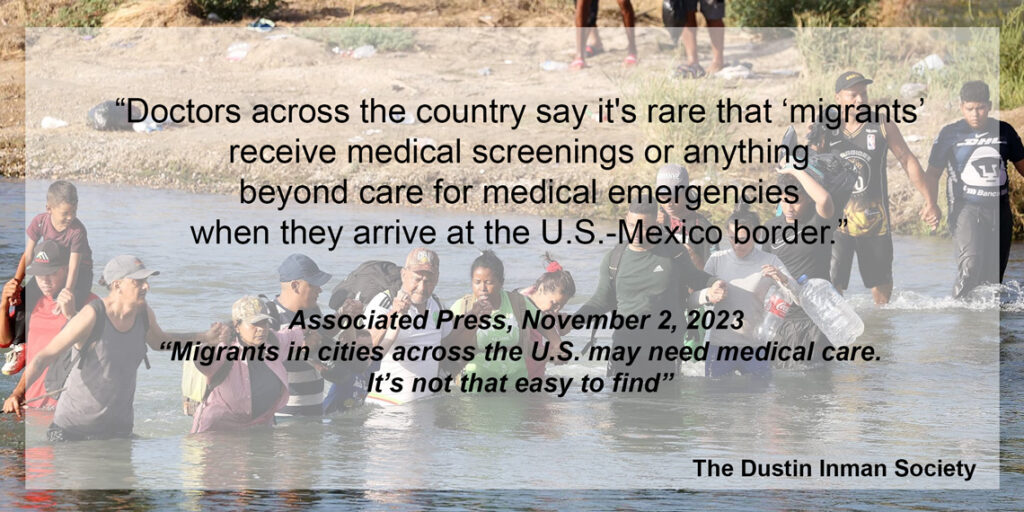

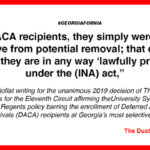

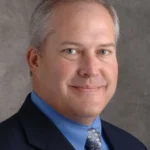



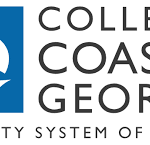
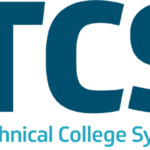













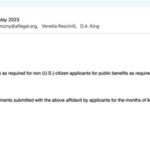
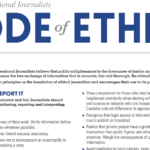





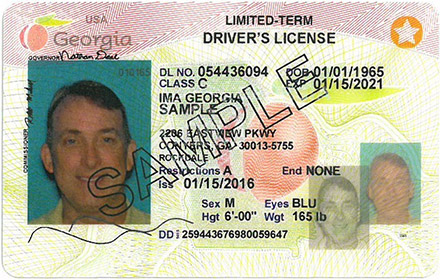




You must be logged in to post a comment.